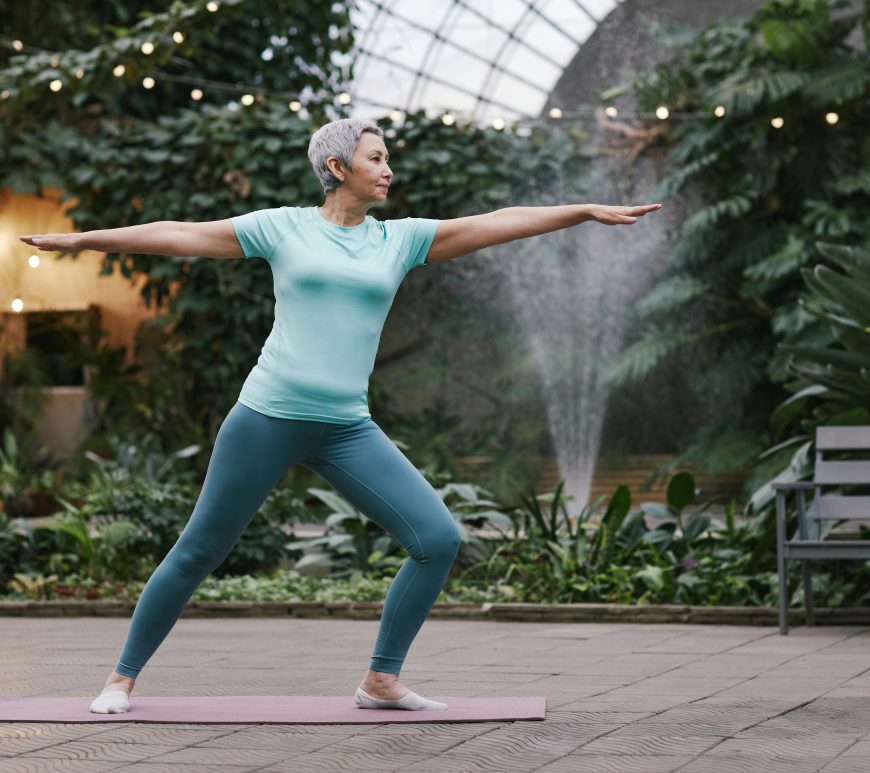
How effective are lifestyle interventions in managing chronic kidney disease?
Integrating cooking and exercise classes into the routine care of chronic kidney disease (CKD) patients has been largely unexplored. In 2011, a study conducted by Flesher, et. al., aimed to determine if these additions could slow the progression of certain CKD parameters. Researchers evaluated five key health indicators—urinary protein, blood pressure, urinary sodium, glomerular filtration rate, and total cholesterol—over baseline, six months, and twelve months. … Continue reading How effective are lifestyle interventions in managing chronic kidney disease?


